So, leading on from our last blog about Hyraxes being the closest living relative of the Elephant, we thought it was the perfect opportunity to tell you a bit more about earths largest land mammal.
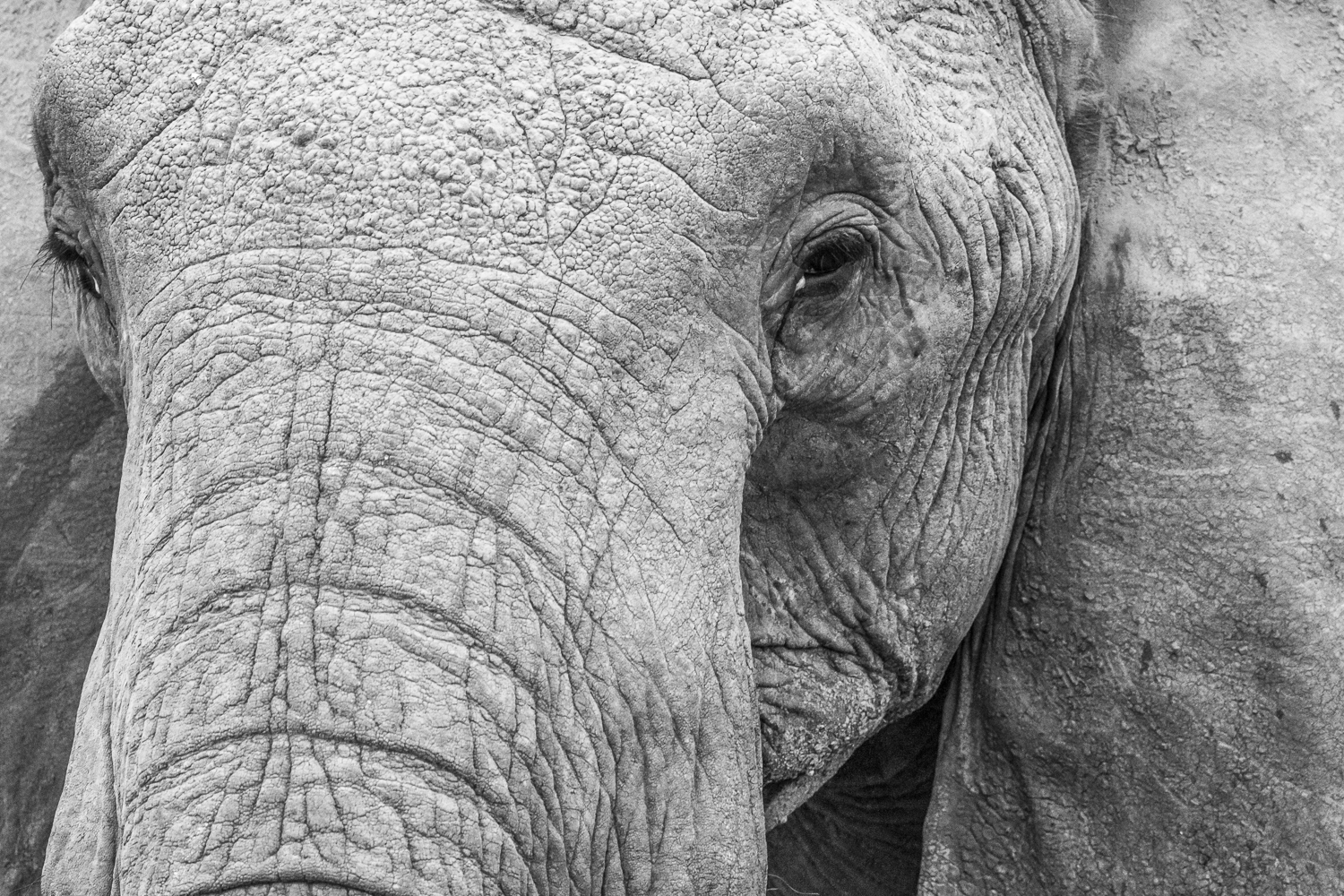
Elephants are complex, social and highly emotional creatures and they have a fascinating family dynamic. Here are 3 facts you may not have known about them.
1. Elephants live in matriarchal herds
Elephant families consist of a matriarch, her sisters, daughters and their calves. Occasionally, non-related Eephants join the herd, and Elephants may also adopt orphans. This means, within these herds, and with such a wide gap in age and experience amongst them, you can learn so much about their behaviour in such a short time. You can see how young calves interact with each other and play, or how mothers teach their calves how to use their trunks, and as sure as an Elephant never forgets, you can never get bored of watching them.
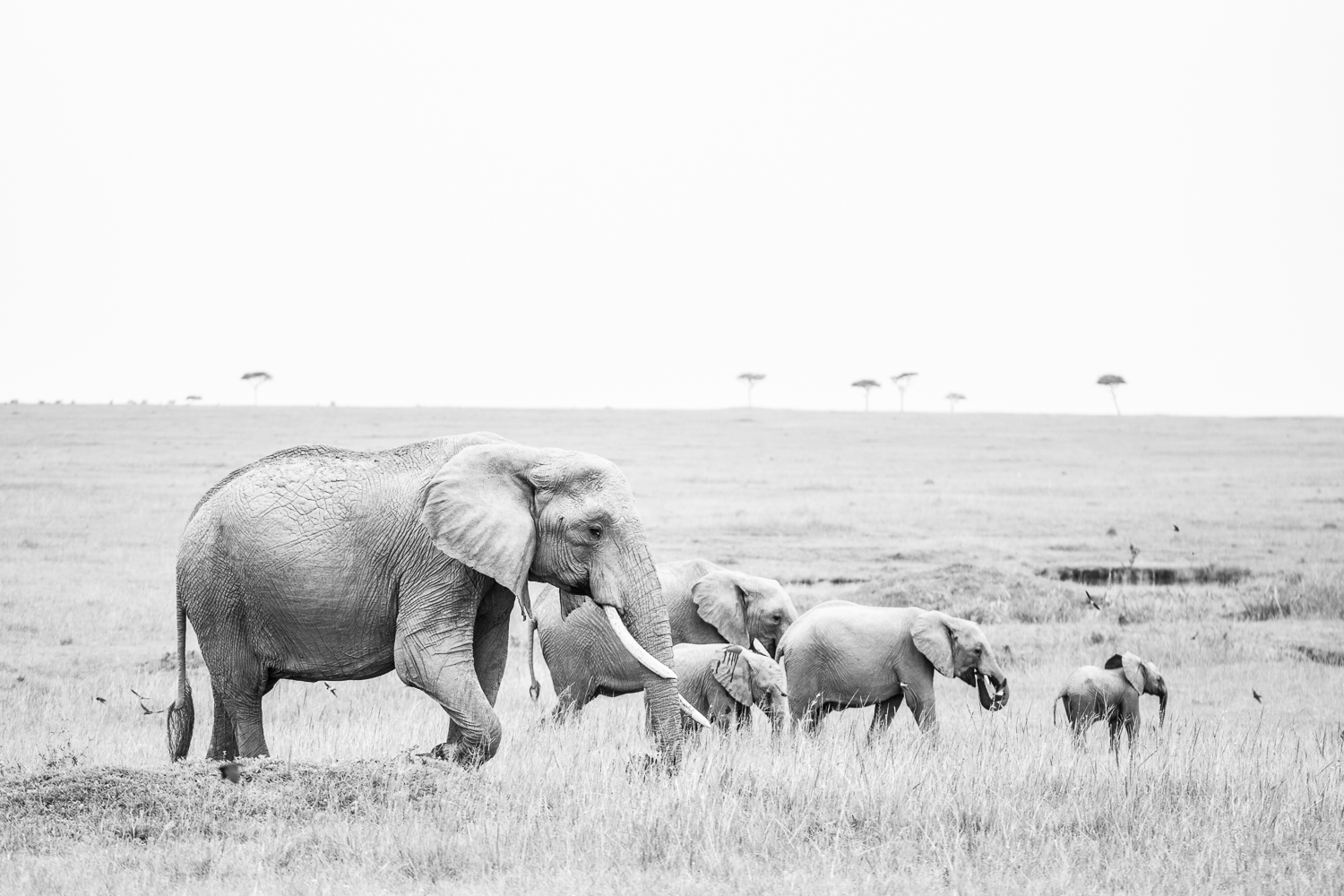
(The Matriarch, cleverly manoeuvring herself between the herd and the vehicle. It’s amazing to see how much they care for and protect each other)
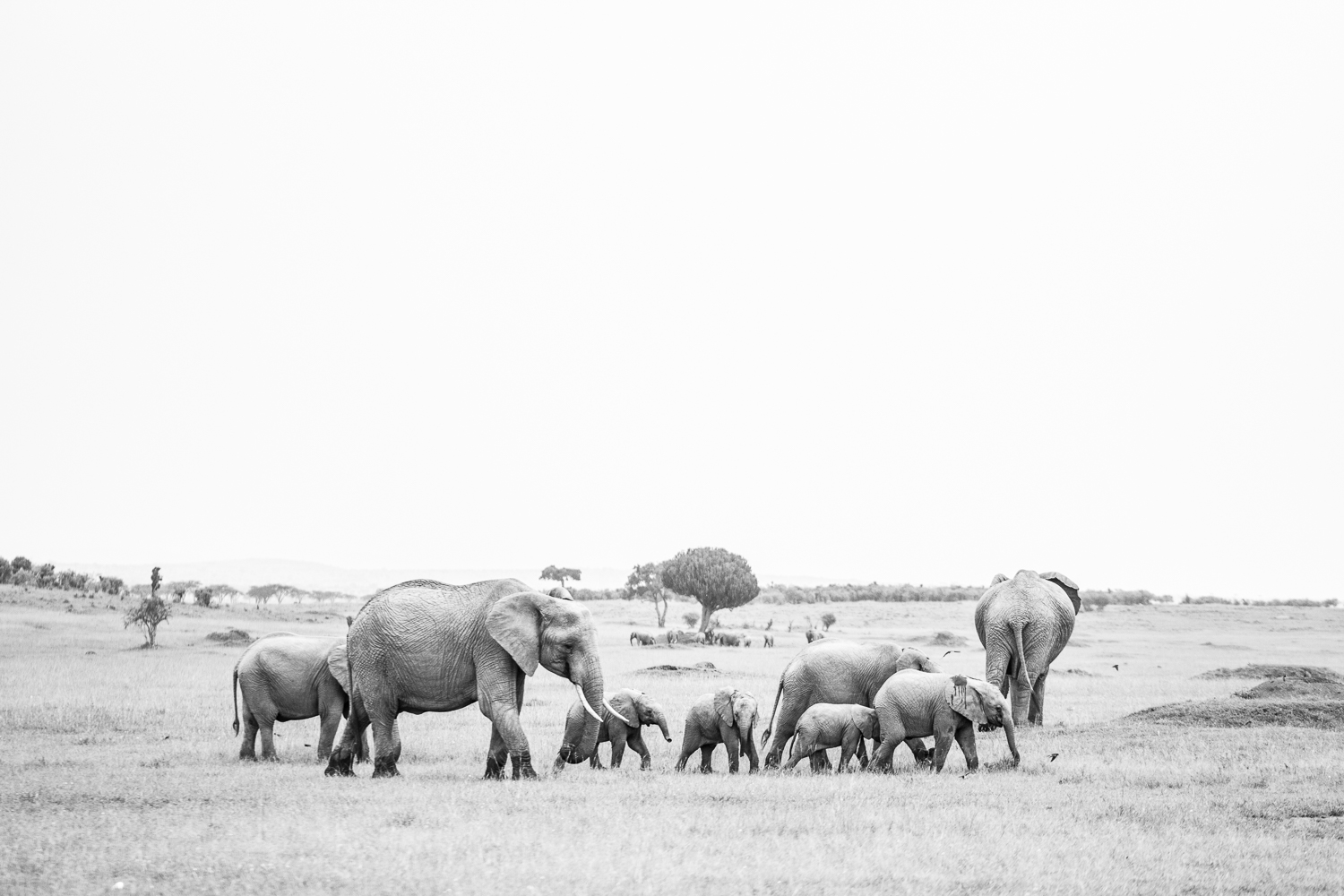
(Northern Serengeti is an amazing place for Elephant viewing)
2. Elephants have highly emotional bonds amongst families and friends.
Elephants have strong, intimate bonds amongst each other. Ever heard the saying "memory like and elephant"? That is because they will never forget an individual, even after only meeting them once. They have lifelong friendships with each other, and they even mourn the death of their loved ones. Research has even shown that individuals will return to areas where friends or family members have died and mothers have been seen grieving over stillborn calves. This is something very extraordinary in the animal kingdom.
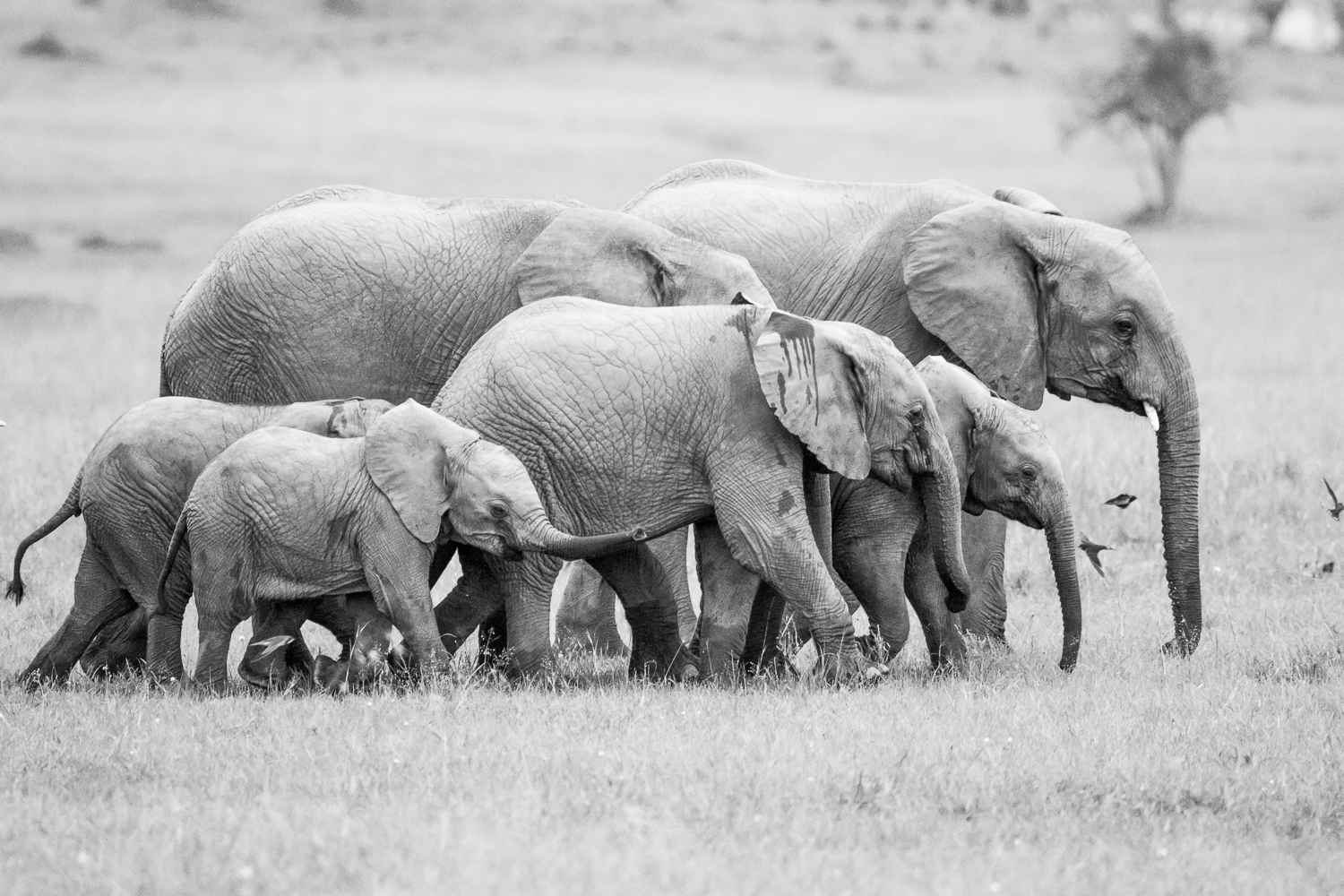 (Here you can see quite a few generations in one herd)
(Here you can see quite a few generations in one herd)
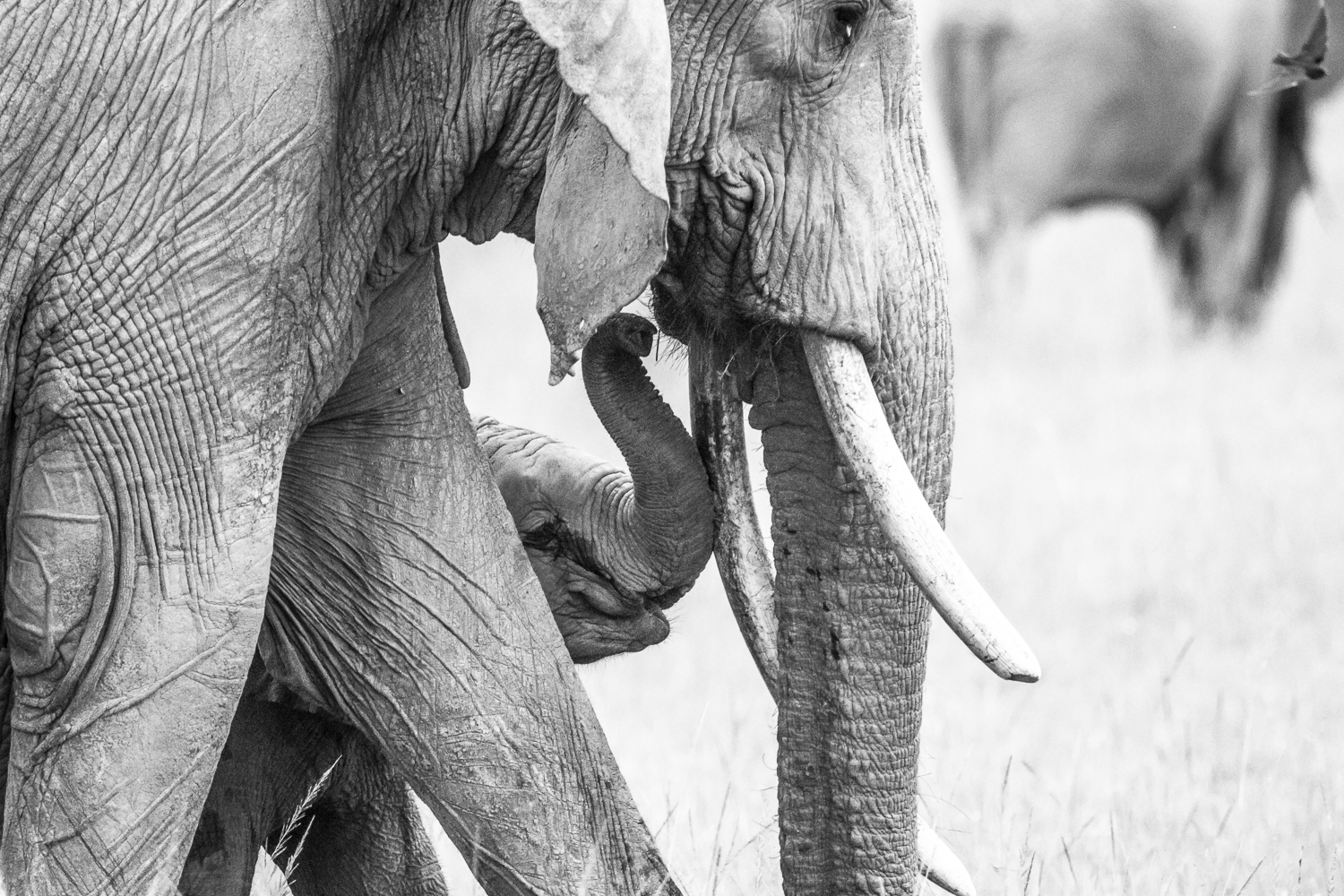
(A young calf staying close to her mother)
3. Knowledge is passed in through generations
Older Elephants gather so much information throughout their lives and they slowly impart that knowledge on to the next generation of youngsters. Information such as where to find food or water in extreme drought, or what food to avoid all together, needs to be passed on for the sake of their survival. Young calves are also taught the ins and outs of socialising with others and will often get told off if they misbehave (kind of sounds like me!)
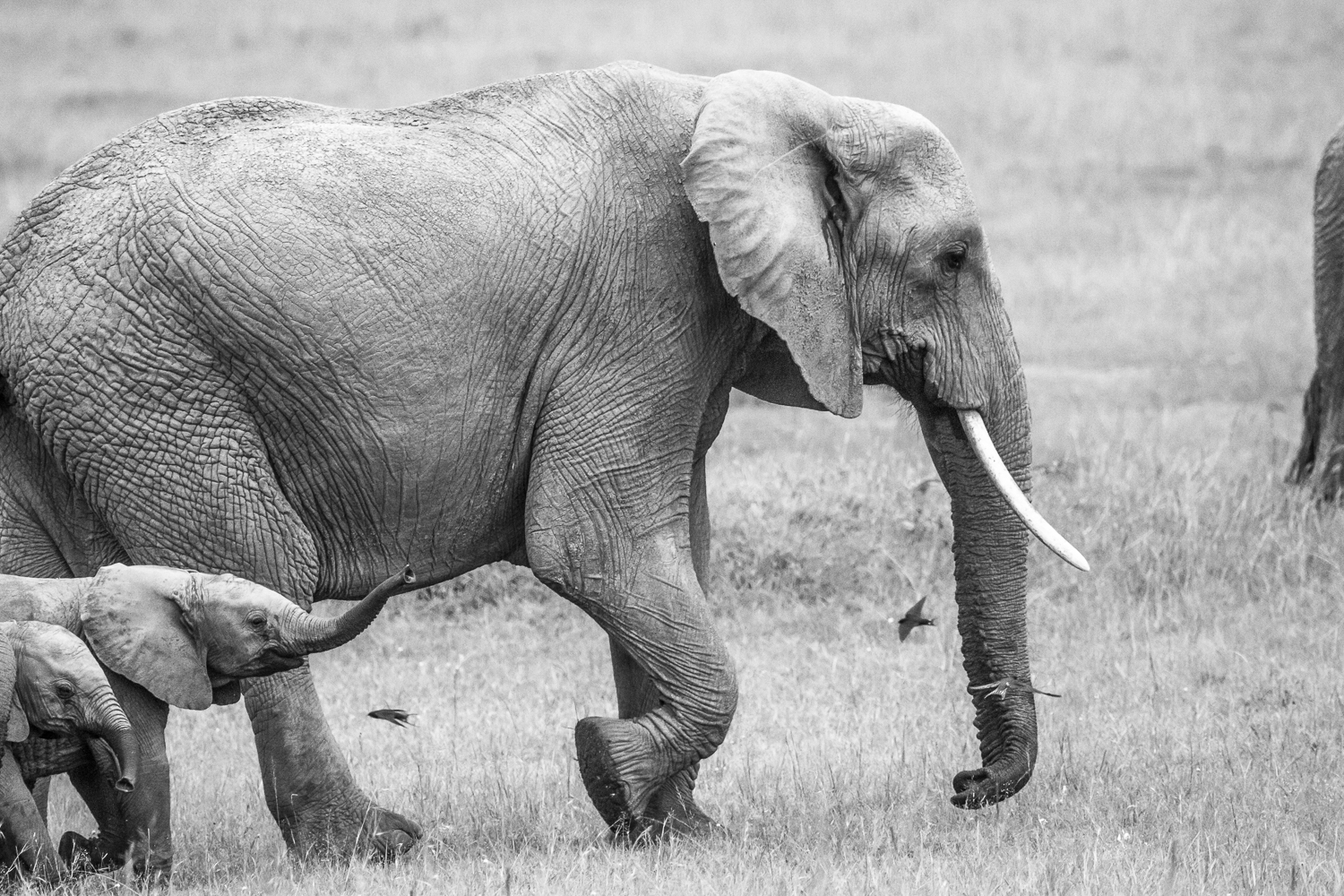
(Mummy… wait!!)
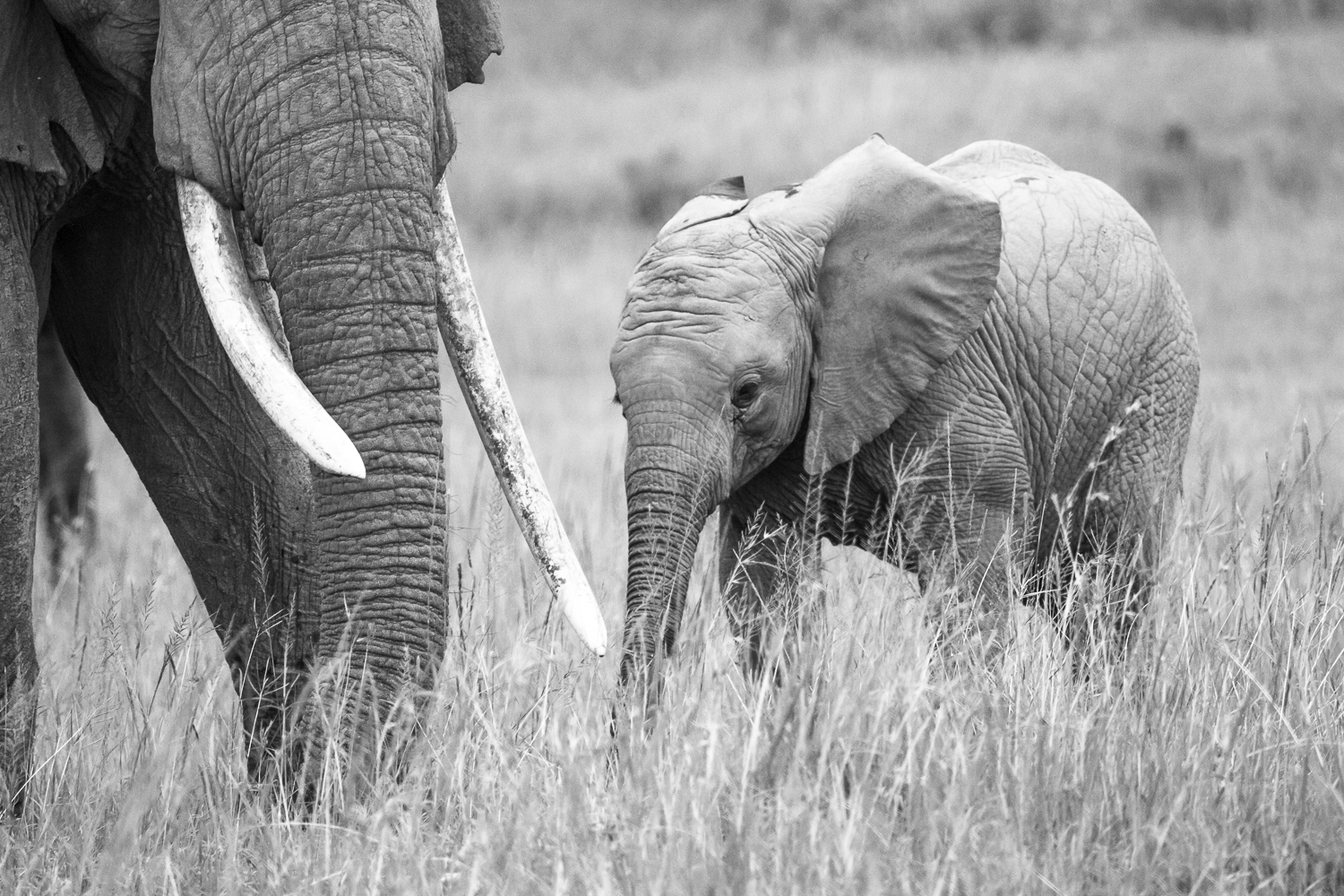
Next time you are with a herd of Elephants, pay close attention and see what behaviours you can witness. Maybe it is the calves playing, maybe it is a new born learning how to use her trunk or maybe it is the ever-present mother keeping a watchful eye on the little ones.
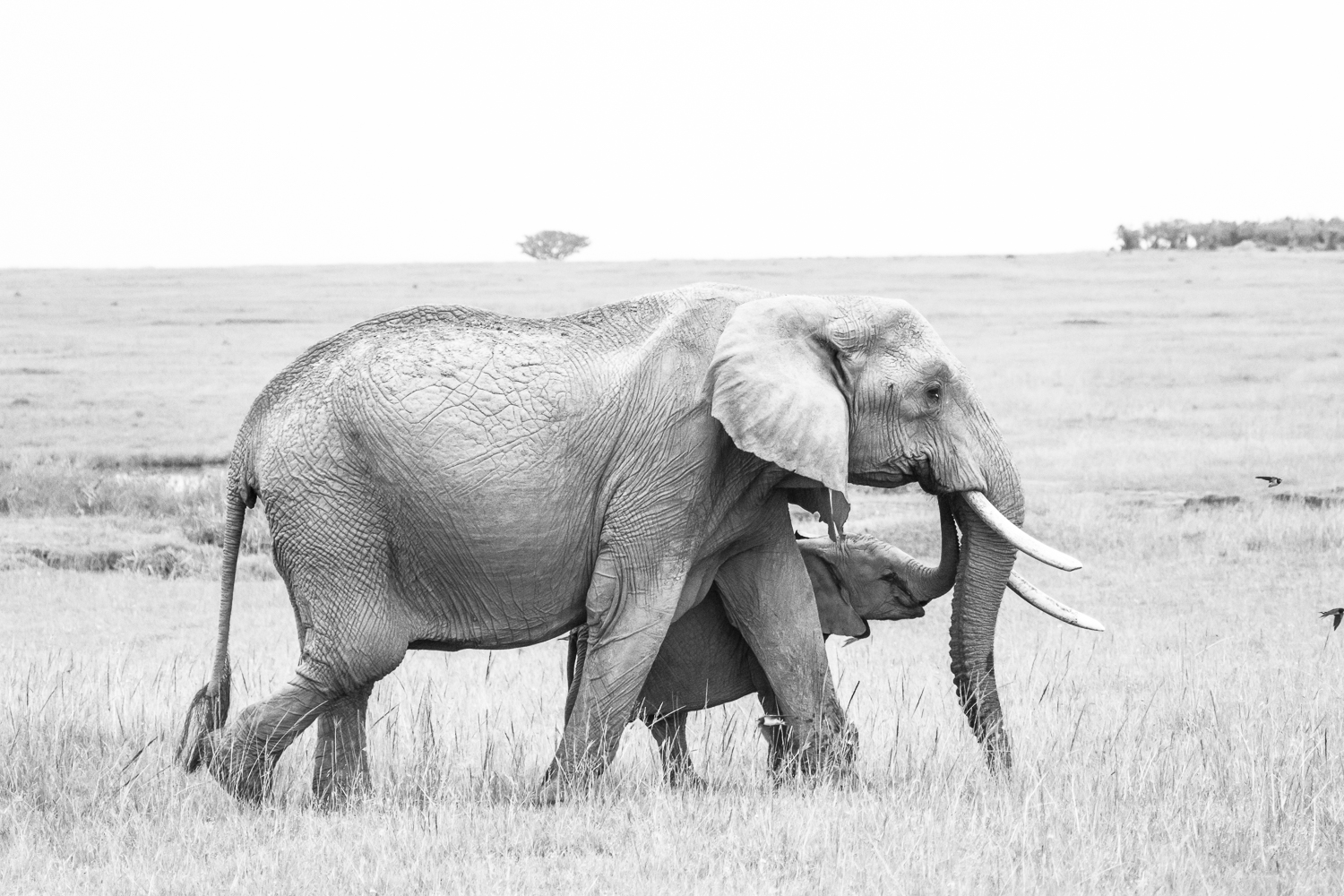 Stay posted for our next blog coming out soon, we will be showcasing a very brightly coloured animal! Any guesses?
Stay posted for our next blog coming out soon, we will be showcasing a very brightly coloured animal! Any guesses?
